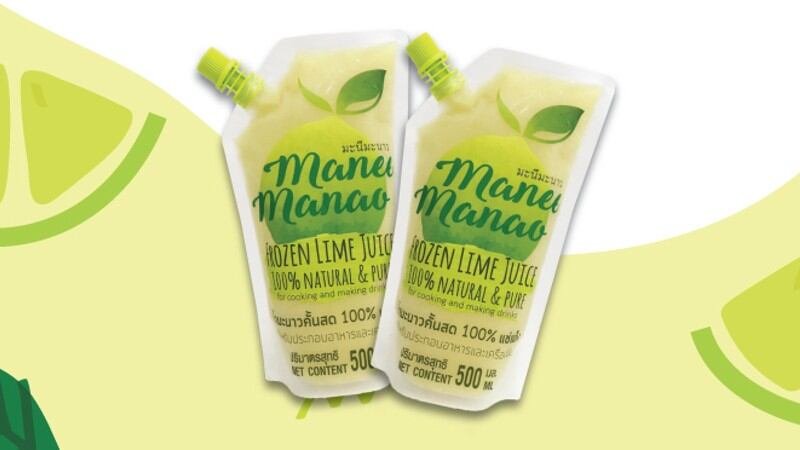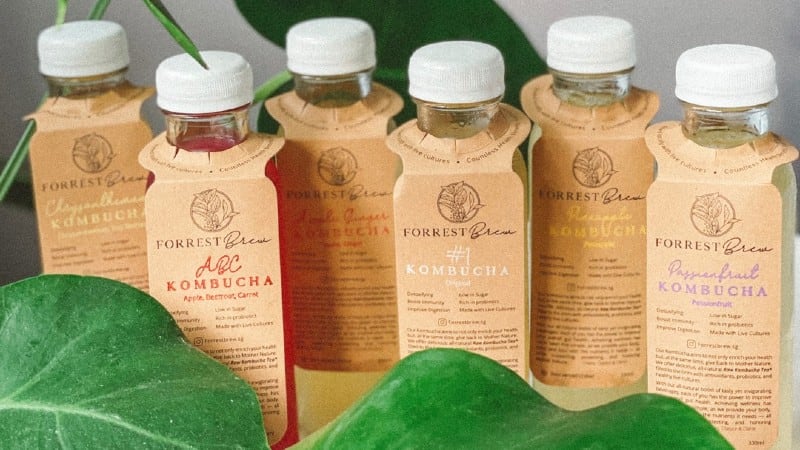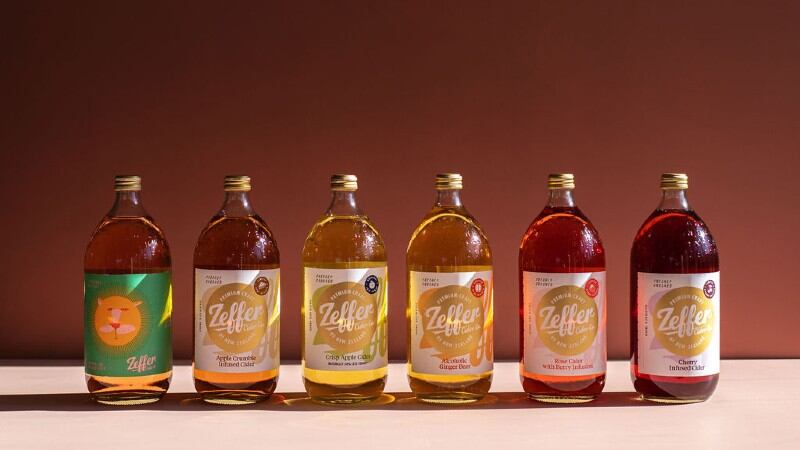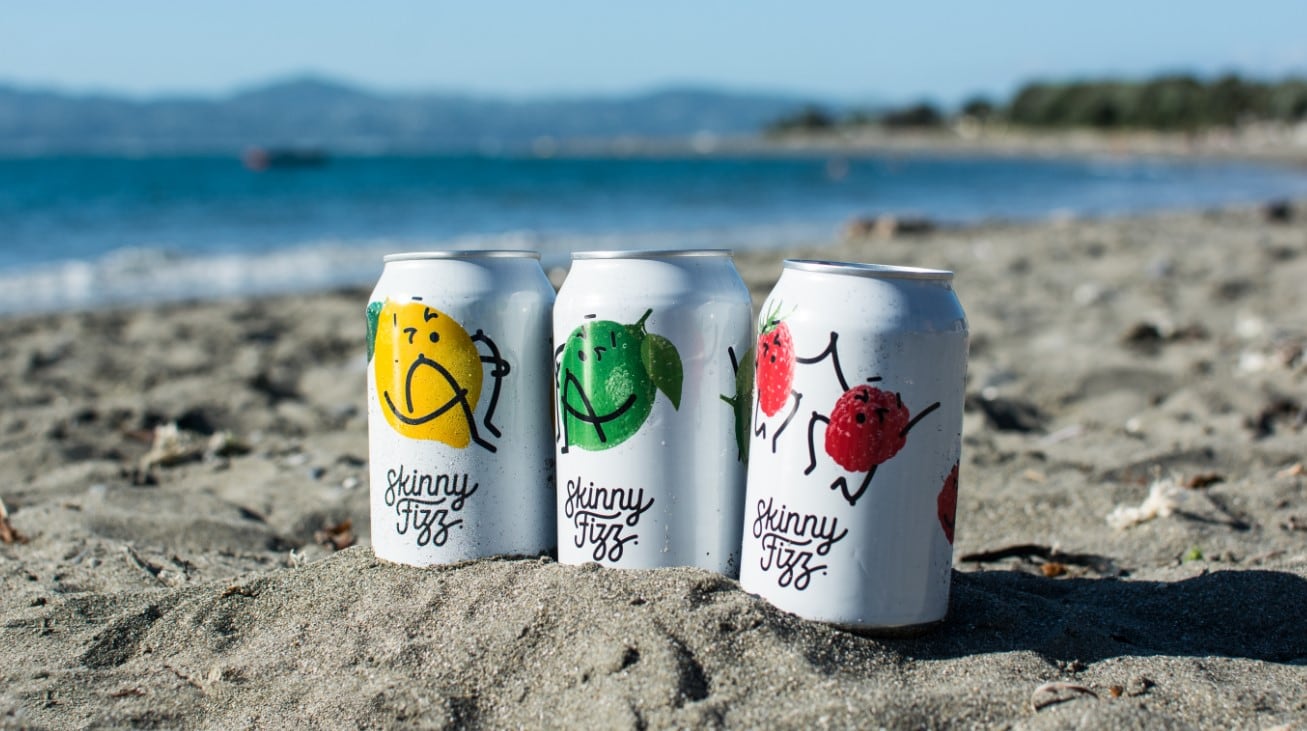When we first spoke to Chiangmai Bioveggie back in 2019, the firm was focusing its efforts on vegetable tablets aimed at providing consumers with a convenient, palatable format to consume the necessary daily intake of nutrients from fruits and vegetables.
Three years on, the vegetable tablets product has reached stability in the Thai market and now the firm is looking to expand further into international markets – and to do this, it intends to focus mostly on its frozen lime juice, a bold move as it is product with just one ingredient.
“Limes are very essential in Thai cuisine in almost all types of dishes from savoury like tom yum goong and som tam, to desserts and cocktails – and what we want to do with our Manee Manao frozen lime juice is become a staple in all Thai households,” Chiangmai Bioveggie General Manager Pattraporn Porntaweetat told FoodNavigator-Asia at the recent Fi Asia Thailand show in Bangkok.
“Although the product is simple, frozen lime juice is not at all common as most people are used to buying and using fresh limes. Previously, we saw a lot of pushback against this frozen format due to misconceptions, but now most businesses and consumers accept this as the same quality as fresh.
“The frozen format also allows for a longer shelf life of up to two years compared to the few days of fresh lime juice, and this is very important in Thailand as it is not easy to find limes here in the summer months and prices tend to soar as a result – frozen lime juice will stay the same price all year round, and keeps the supply stable.
“There is also a guarantee that the freshness and vitamin C content as well as antioxidant content is preserved as we do not use any heat, and the convenience factor is undeniable.”
Chiangmai Bioveggie has achieved significant local growth for Manee Manao as it supplies lime juice to many of the major restaurant and hotel chains in Thailand and also sells in local supermarkets, but it believes that even more growth can be achieved in overseas markets with this product.
“The wider ASEAN market is a big one, as a lot of lime juice is used in various beverages in markets like Singapore, Vietnam and the Philippines,” she added
“But we do believe that there is potential to go even further beyond, and our plans are to also include the Middle East and EU in expansion plans – There is a very good market for this in the Middle East especially as we have already received a lot of interest, and a lot of limes are also being used in their local cuisine.”
Upcycling to go further
In addition to geographical expansion, the firm also wants to branch out into more types of products and even into the cosmetics area by utilizing all parts of the lime fruit, including those which would previously have gone to waste.
“The juice is the main character, but after juicing the peel is left behind and goes to waste. So we want to utilize the peel as well instead of wasting it, and are now developing pickles using this,” said Porntaweetat.
“There is also a rich source of vitamin C in the peel, and we are extracting this for use in cosmetics – the plan is to include this into soap, shampoo, body wash and so on.”
Chiangmai Bioveggie’s proprietary technology enables the lime juice to maintain original colour, taste and smell even upon freezing and storage.





